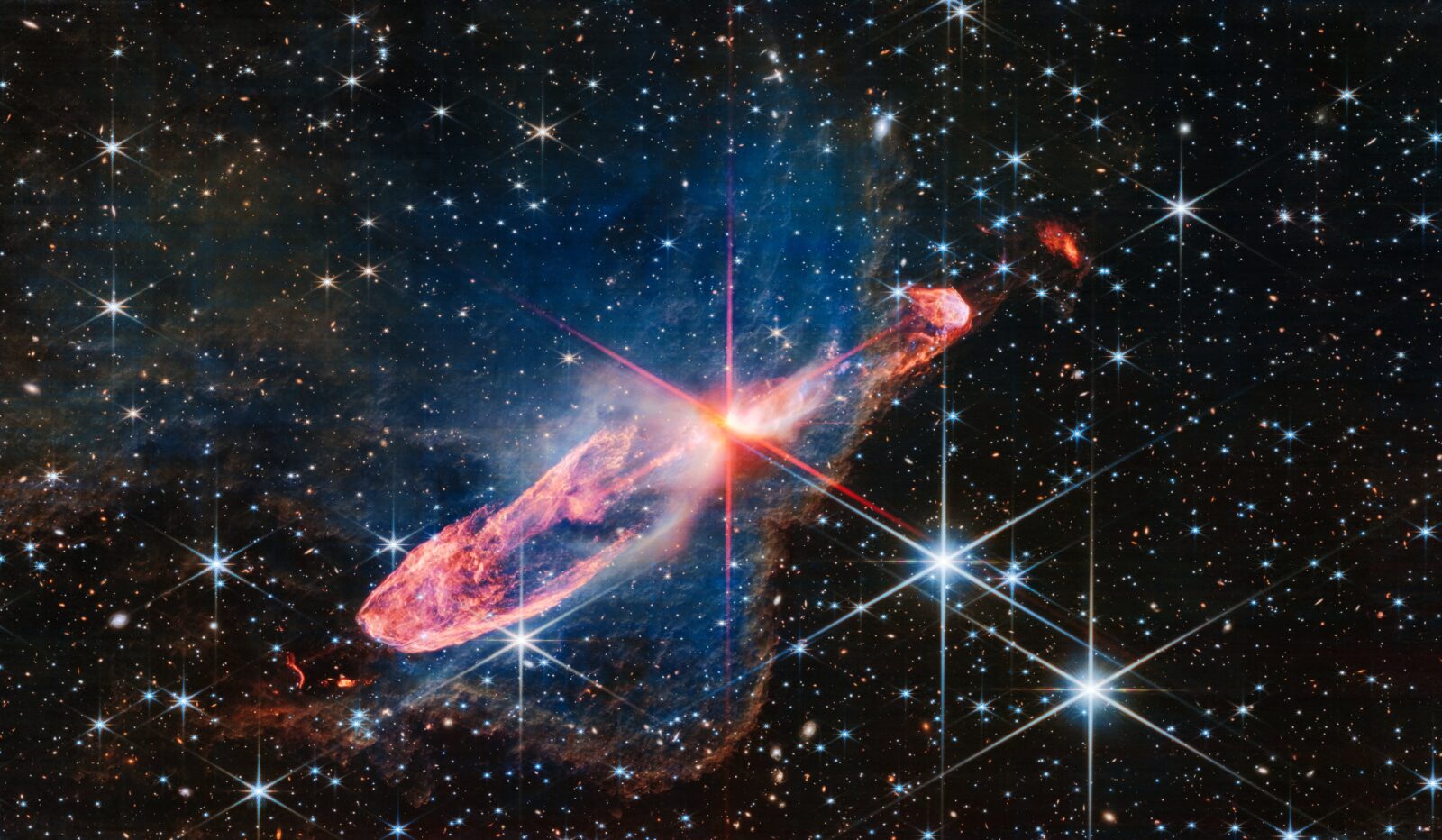


Physics to God: Rational Arguments for Design in the Universe
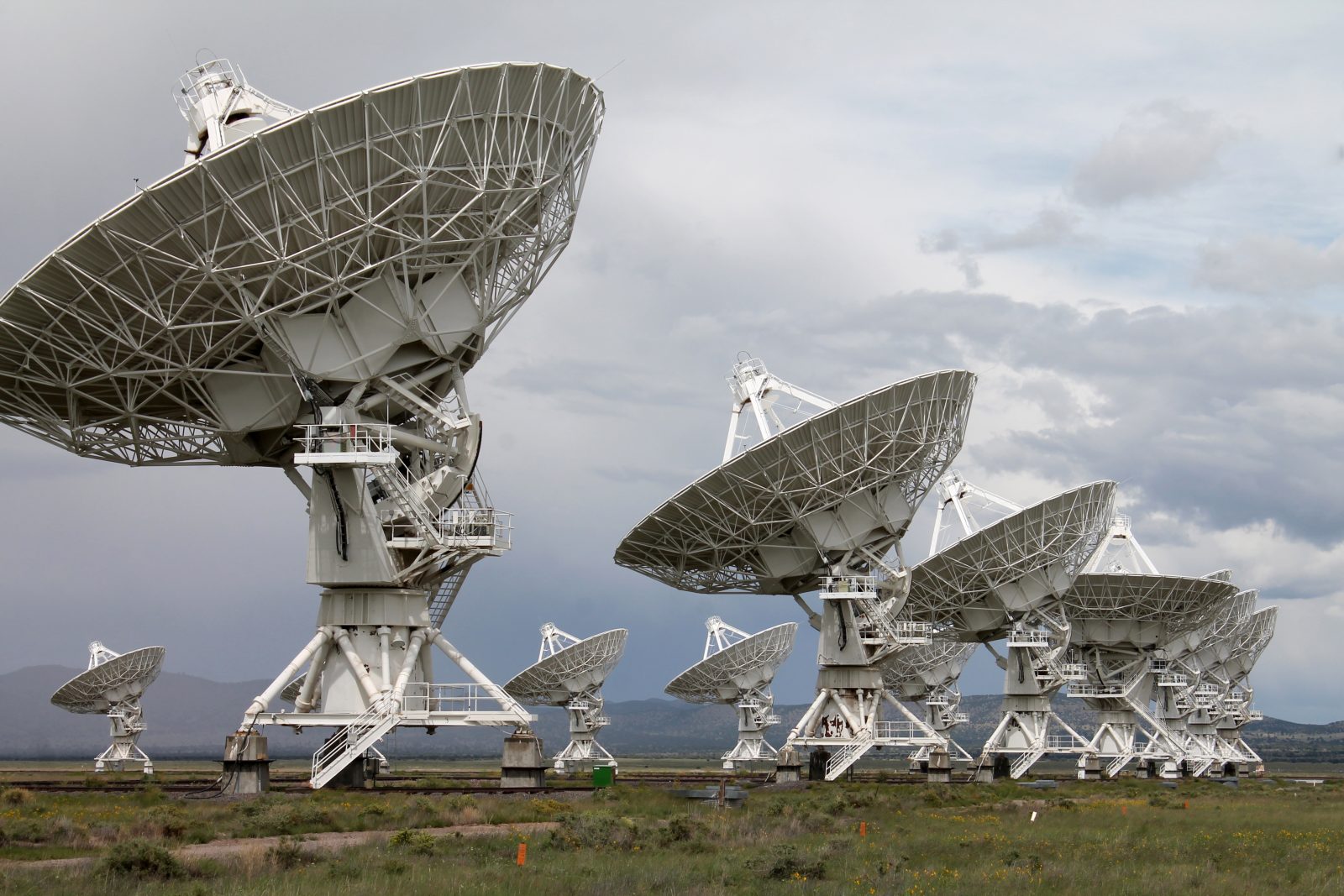
Carl Sagan’s Love/Hate Relationship with Intelligent Design
On today’s ID the Future, philosopher of science Paul Nelson explores an intriguing tension in the thinking of famous scientist and science popularizer Carl Sagan concerning his agnosticism shading into atheism on the one hand, and on the other hand his embrace of certain ideas consistent with the theory of intelligent design. As Nelson is quick to clarify, if Sagan had lived to see the rise of the contemporary intelligent design movement, he probably would have rejected it, particularly its theistic implications. And yet, Nelson says, Sagan’s thinking and arguments laid out in his Gifford lectures and in his science fiction novel Contact strongly support the idea that intelligent design can be detected. Nelson goes further, saying that if we take the methods Sagan laid out for detecting intelligently designed radio signals from extra-terrestrial intelligence, and apply them to patterns in nature that ID theorists have pointed to (such as DNA), it’s hard not to see his methodology triggering a design inference. Tune in to hear Nelson’s reflections on this important tension in Sagan’s thinking, and what, according to Nelson, prevented Sagan from fully resolving it.
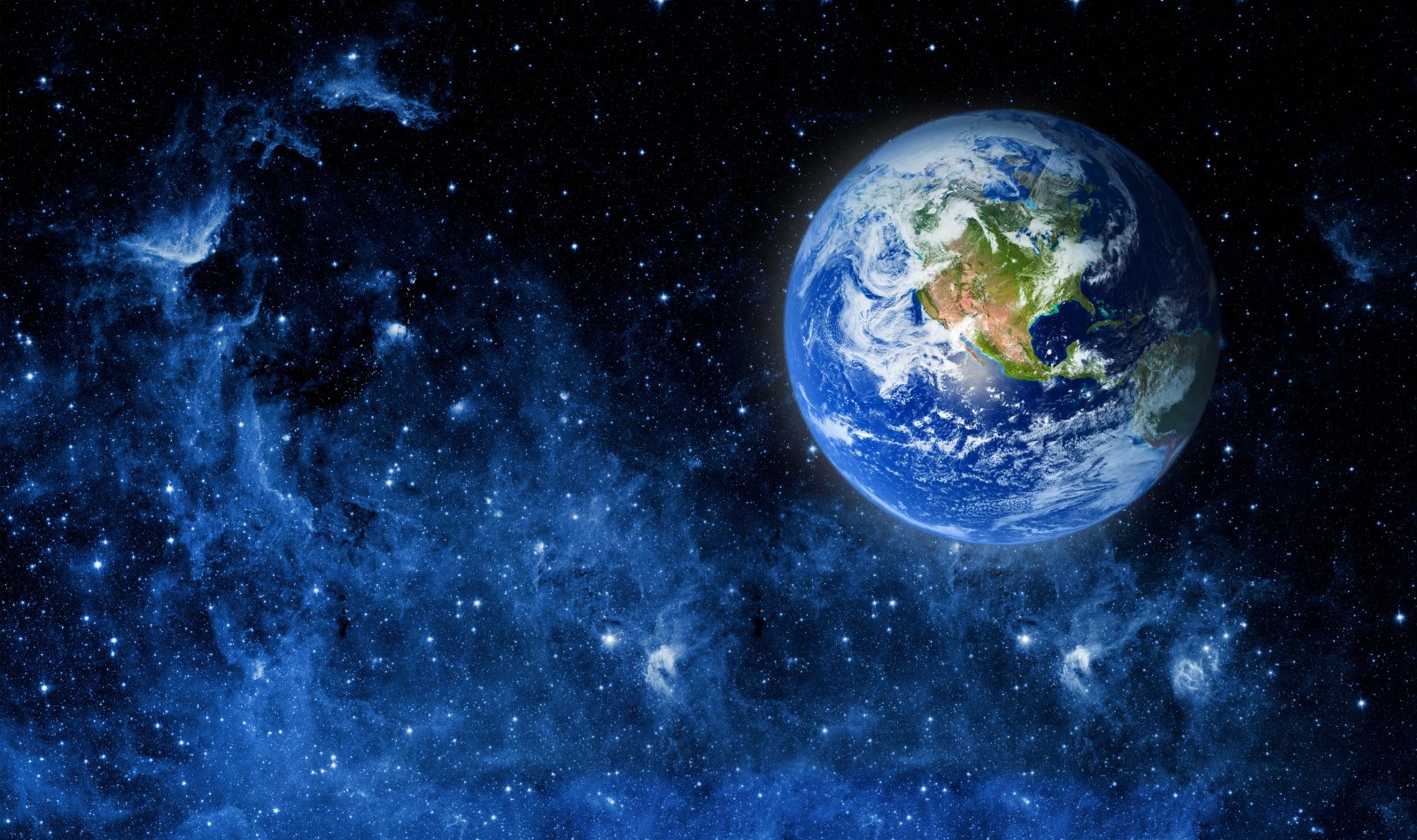
Jay Richards: Before Carl Sagan Said It, Science Debunked It
On today’s ID the Future, Privileged Planet co-author Jay W. Richards sits down with host Eric Anderson to discuss the gold rush of extrasolar planet discovery and how the Privileged Planet hypothesis has held up since 2004. Richards teases an anniversary edition of The Privileged Planet in the works, and he and Anderson discuss the statement that Carl Sagan is perhaps most famous for. Richards explains how science had already disproven the famous Sagan claim by the time the astronomer first uttered it to millions of viewers in his documentary series Cosmos.
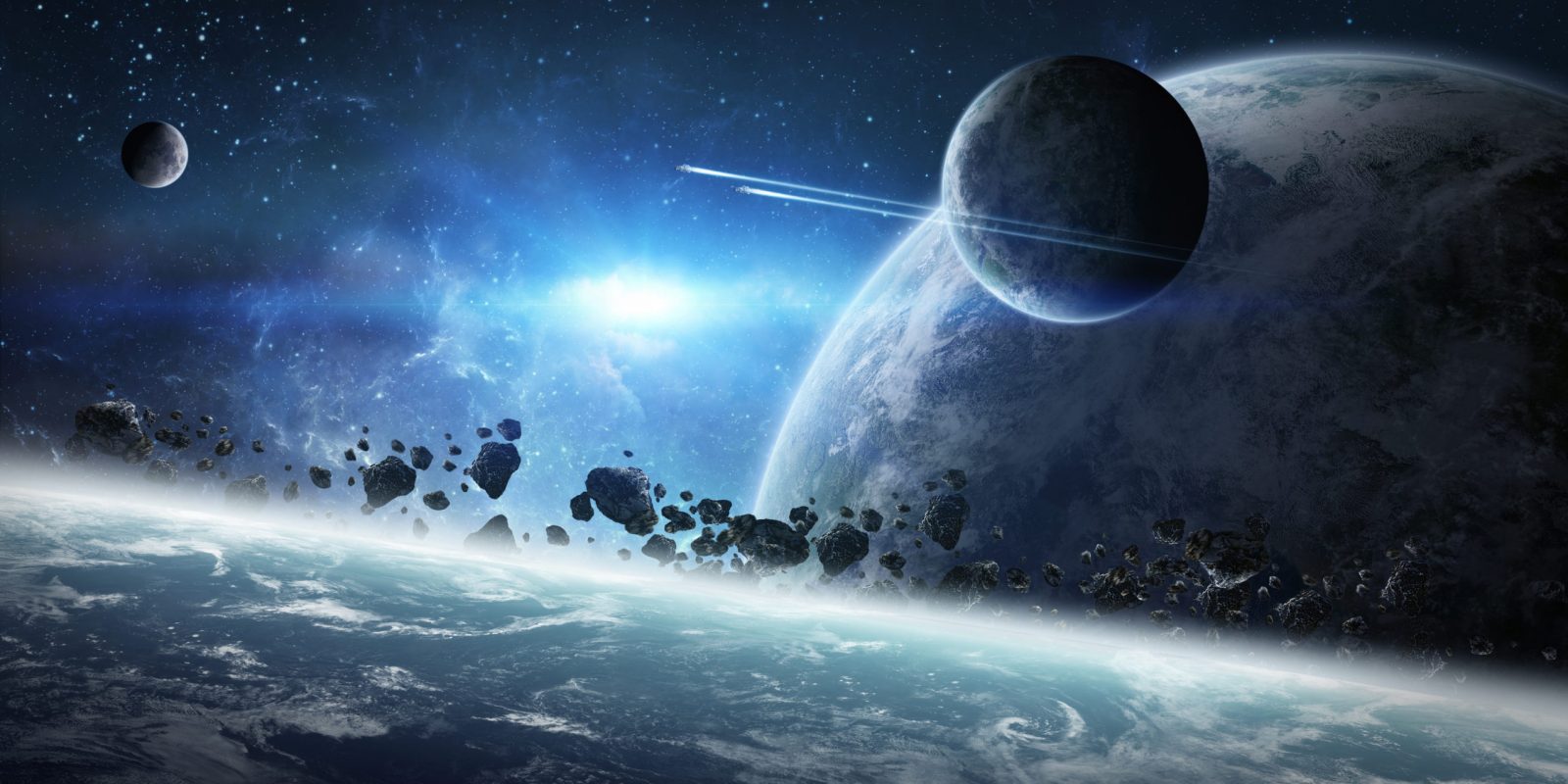
Cosmos: Possible Worlds’ Religious Mythology
On this episode of ID the Future, science historian Michael Keas and philosopher Jay Richards continue their conversation about Neil deGrasse Tyson’s new National Geographic series Cosmos: Possible Worlds. As Keas explains, Tyson’s story of ancient superstition evolving at last into modern medicine gets both ancient and modern medicine factually wrong. His long-running “history” of the warfare between science and religion also is historically mistaken, Keas, author of Unbelievable: 7 Myths About the History and Future of Science and Religion insists. Curiously, Tyson has a future, quasi-religious myth of his own to promote: personal immortality through futuristic technology.
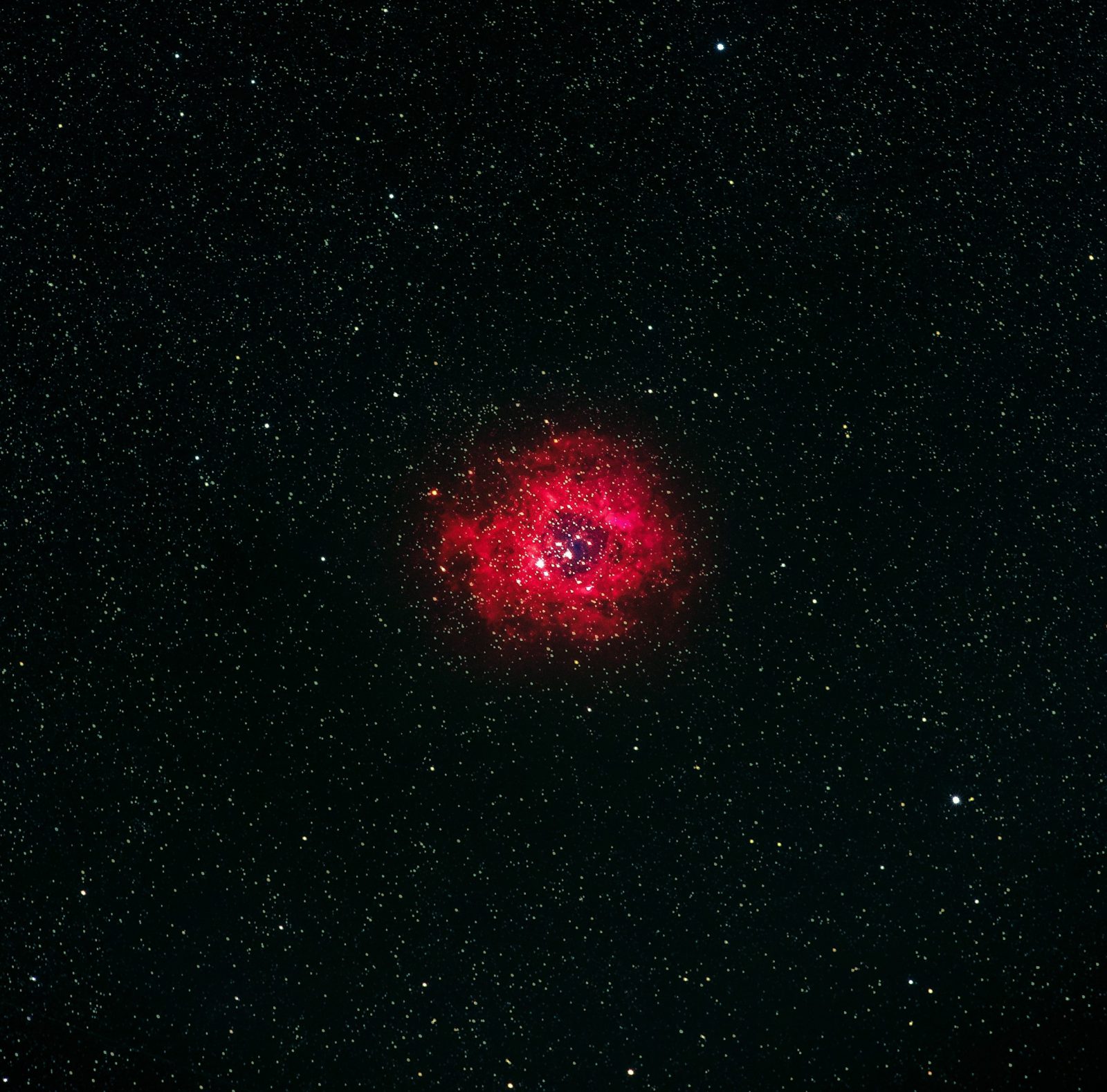
Cosmos: Possible Worlds’ ‘Most Plausible’ Creation Myths
On this episode of ID the Future, philosopher Jay Richards hosts science historian Michael Keas in another conversation about Neil deGrasse Tyson’s series Cosmos: Possible Worlds. They talk this time about what the show itself calls its “most plausible creation myth… for the origin of life,” involving hydrothermal vents in the deep ocean floor — with no mention at all of the equally deep scientific problems with the idea. Tyson’s imagination wanders from there to a moon of Saturn to the Cambrian explosion, everywhere supposing that just because one or two necessary conditions exist for life, that’s all the explanation that’s needed. Richards and Keas ably explore why this is untrue.
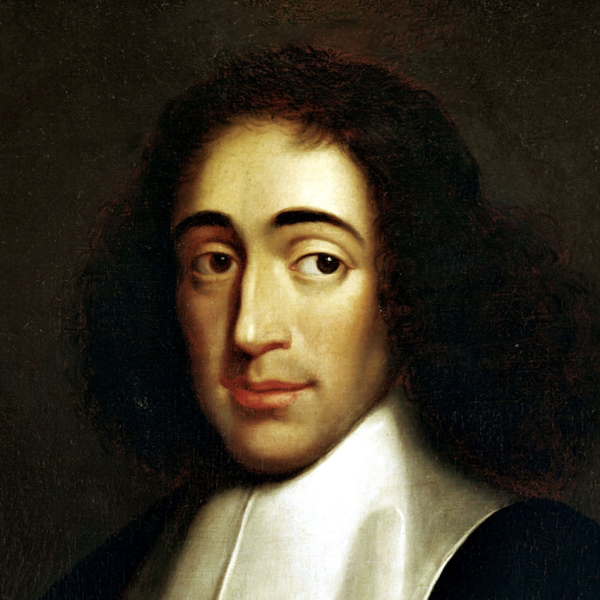
New Cosmos Series Plumps for Pantheism, Distorts History
On this episode of ID the Future, host and philosopher Jay Richards interviews science historian Michael Keas about the National Geographic channel’s new Cosmos series with Neil DeGrasse Tyson. In the Cosmos episode under discussion, the 17th century philosopher Baruch Spinoza is presented as an early advocate for science.
Read More ›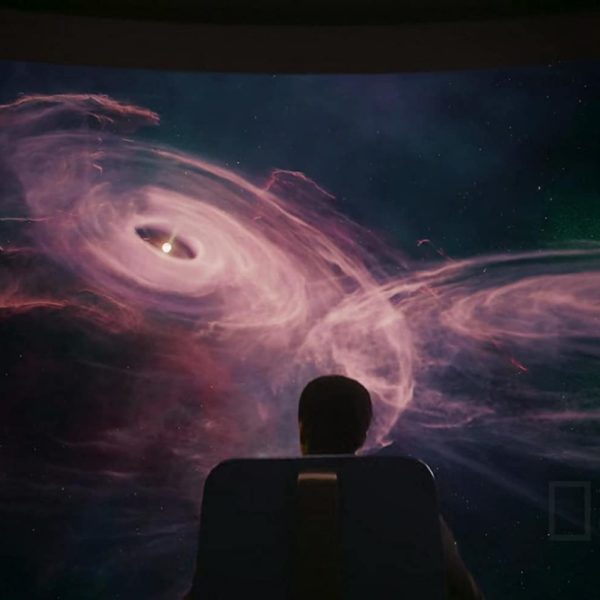
New Cosmos Series Preaches the Religion of Materialism
On this episode of ID the Future, guest host Jay Richards interviews science historian Michael Keas about the new Neil deGrasse Tyson Cosmos television series and its “very impressionistic storytelling.” Starting with an episode titled “Ladder to the Stars,” Cosmos: Possible Worlds weaves a tale of chemical evolution that, according to Keas, fails to engage the tough problems required to build the first self-reproducing biological entity. Keas says it then it moves into a glib explanation for the origin of mind and human intelligence. As Richards and Keas show, evidence takes a back seat to storytelling in both this latest version of Cosmos and in its predecessors.